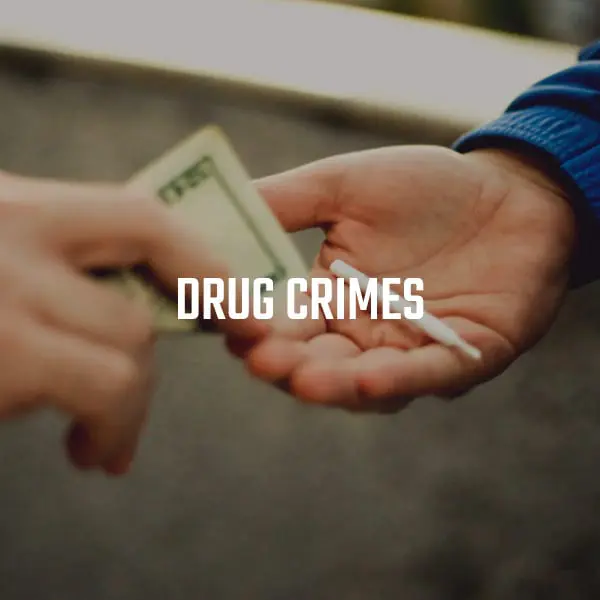Federal Drug Defense Attorneys
In 2017, the FBI estimated that there were 1.6 million people arrested for drug crimes. Many of those were federal drug cases while some stayed at the local level. But why were some individuals treated differently than others? With so many types of drugs and penalties different in each state, how does a controlled substance offense become a federal offense and why do you need a federal drug defense attorney if ever charged with a federal drug crime?

